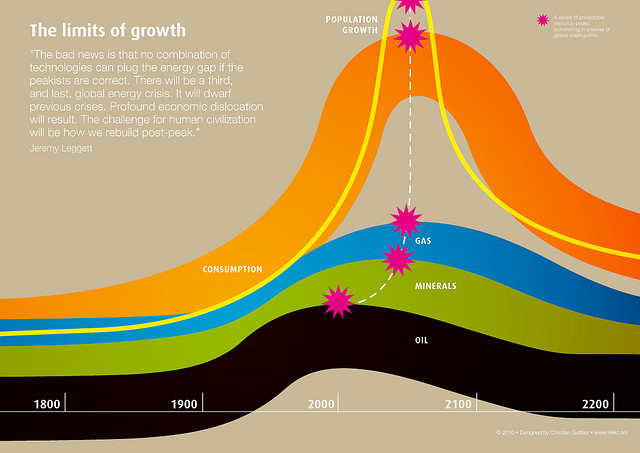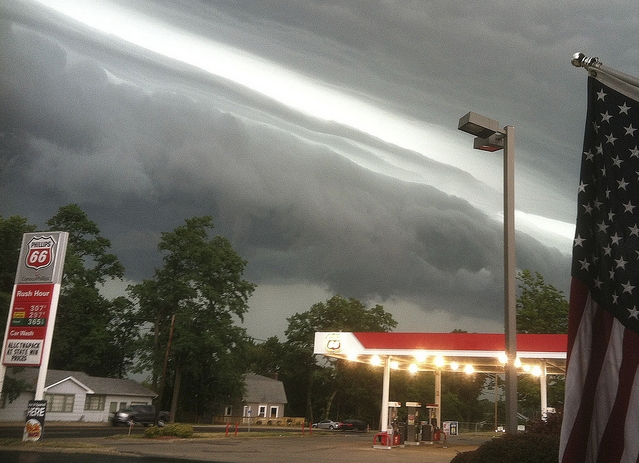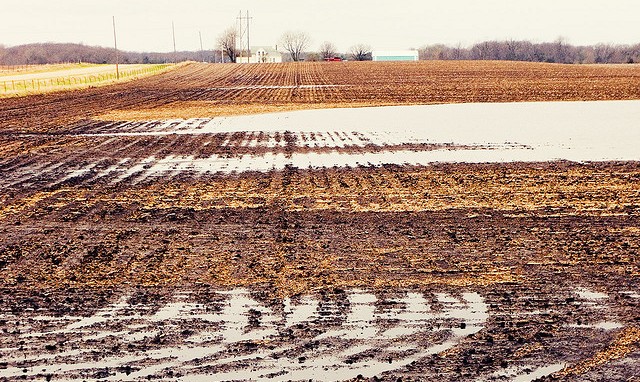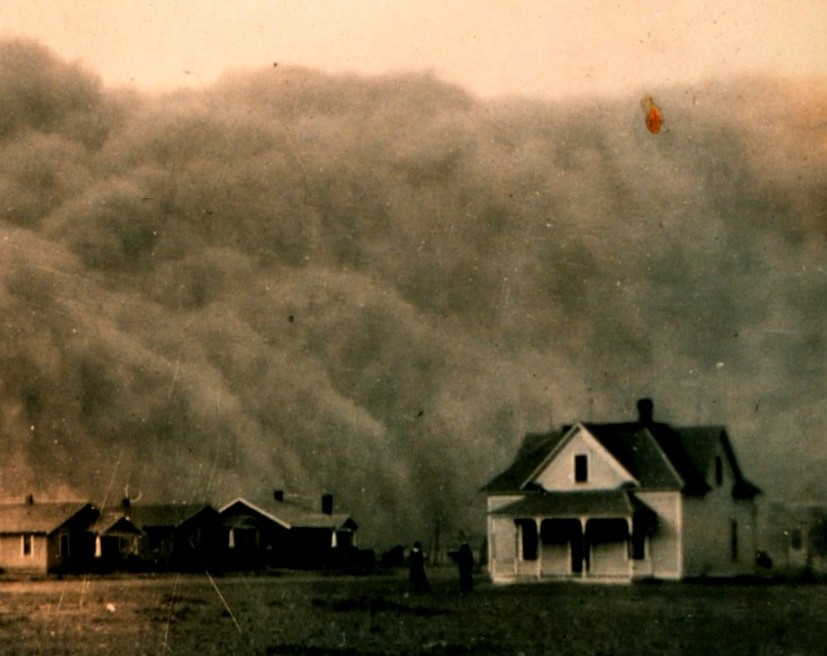Podcast: Play in new window | Download
Subscribe: RSS
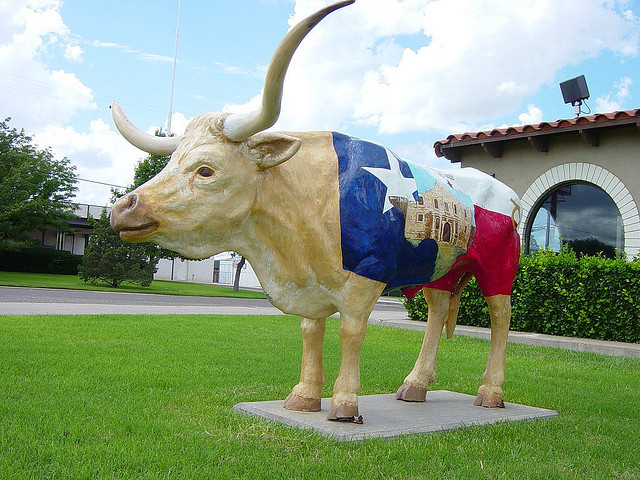
Longhorn beef cattle made Texas, as the statue suggests, and are killing Plainview, Texas, where the statue is located. Whose fault is it? (Photo by Brykmantra/Flickr)
An all-time favorite movie line (The Missouri Breaks), uttered by Jack Nicholson leaning over Marlon Brando, who is starting up from sleep: “Do you know why you woke up? I just cut your throat.” That is the way Plainview, Texas, woke up the other day to some bitter truths, and a shortened life. The food industry giant Cargill on February 1 closed the Plainview beef processing plant that employed 2,300 people, ten per cent of the town’s entire population, representing nearly half the town’s families. The exodus from Plainview (Jimmy Dean’s hometown) has begun, and the town will probably soon be a ghost. But who, exactly, cut its throat?
